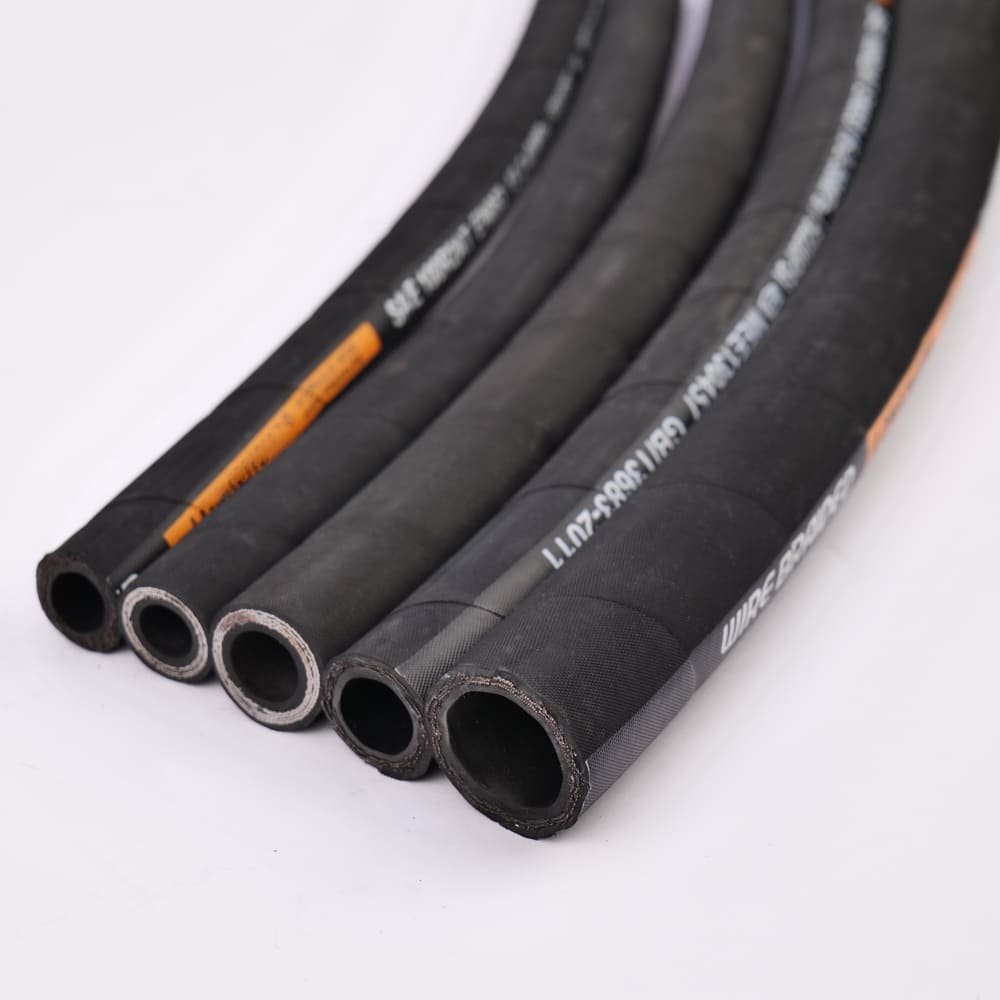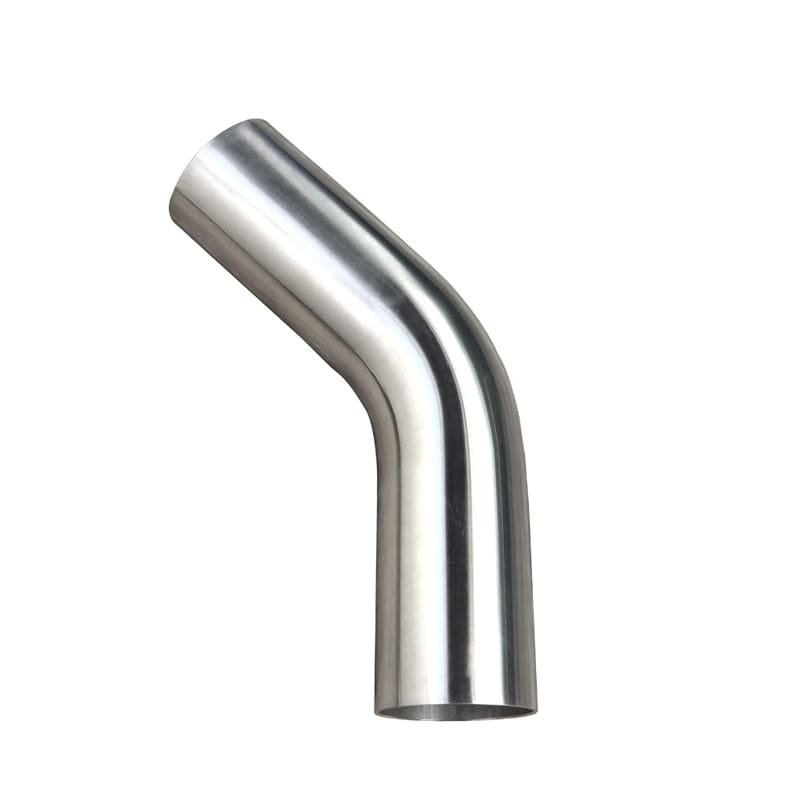In many industries, hose flexibility is a big deal. Silicone hoses are becoming more popular because they are so flexible and resilient. But how flexible are they, and what makes them so special for tough applications? In this article, I’ll share the main features of silicone hoses. This information will help wholesalers and car builders like you.
Silicone hoses are super flexible and can be shaped into complex forms, which makes them great for custom applications. They’re heat and chemical-resistant, and they last a long time, so they’re good for automotive and industrial uses.
To truly understand the flexibility and benefits of silicone hoses, it’s important to dive a little deeper into the specifics.
How Flexible is a Silicone Hose?
Silicone hoses are famous for being flexible and stretchy, to a point. How much a silicone hose can stretch depends on things like its design, its thickness, and the type of silicone it’s made from. These hoses are typically made from multiple layers of silicone with polyester reinforcement, which makes them flexible without sacrificing strength. That’s why they’re great for applications that require tight bends and complex shapes, like in automotive engine compartments where there isn’t a lot of room.
Is Silicone Tubing Flexible?
Silicone tubing is a tough elastomer with high strength, flexibility, and resistance. It can be stretched without tearing and is highly versatile. It can be bent and twisted repeatedly without weakening because it is so flexible. Silicone maintains its flexibility over a wider temperature range than other materials like rubber and PVC, from extremely cold to very high temperatures. This makes it suitable for many applications, including medical devices, food and beverage processing, and industrial machinery.
How Much Can a Silicone Hose Stretch?
You can’t stretch our silicone hoses. Our polyester-reinforced silicone will NOT stretch between -40C and 180C so water from a kettle will have no effect. In fact, the whole point of silicone as a raw material is that it does not shrink, expand, or crack at these temperatures. The non-stretchable nature of silicone hoses means they retain their shape and size under extreme conditions, providing reliable performance and reducing the risk of leaks or failures.
How Stretchy is Silicone Tubing?
Silicone is soft and stretchy so you can have a small inner diameter stretch over a relatively large connector which is sometimes useful if you are trying to minimize dead volume. Silicone tubing does not take a set, i.e., it will come back to its original size when pulled off the connector. This property is particularly useful in laboratory settings and medical applications where precise fluid transfer and minimal dead volume are critical. The ability to stretch over connectors without permanent deformation ensures a secure fit and easy maintenance.
Applications of Flexible Silicone Hoses
Flexible silicone hoses are used in a wide range of industries because of their unique characteristics. In the automotive industry, they are used for coolant and radiator hoses, turbocharger intercooler piping, and heater matrix hoses. They are flexible enough to fit into tight engine bays and can withstand the high temperatures generated by engines. In industrial settings, silicone hoses are used for water and chemical transfer, food and beverage processing, and HVAC systems. They are resistant to chemicals and can handle a wide range of temperatures, which makes them perfect for these demanding applications.
Comparisons with Other Types of Hoses
When comparing silicone hoses with rubber and PVC hoses, you’ll notice several advantages. Silicone hoses offer superior flexibility, especially at high and low temperatures, where rubber and PVC hoses can become brittle or soft. They also provide better resistance to UV radiation, ozone, and various chemicals, which ensures longer life and less maintenance. However, silicone hoses can be more expensive than rubber and PVC hoses. The initial cost is often offset by the reduced need for replacements and repairs, making them a cost-effective choice in the long run.
Technical Specifications and Standards
Silicone hoses are made to meet a variety of industry standards so they work well in the applications they are designed for. Some common specifications include temperature ranges, pressure ratings, and the ability to meet food and medical safety standards. For example, silicone hoses used in the food and beverage industry often comply with FDA regulations, while those used in medical applications may meet ISO standards. Understanding these specifications helps wholesalers and manufacturers choose the right hoses for their applications and ensures they work well and are safe to use.
Summary
Silicone hoses are great because they’re flexible, durable, and can handle extreme conditions. It’s important to know what they can and can’t do so you can make the best decision when you’re buying tether. If you’re a wholesaler or a car manufacturer, check out the options and consider silicone hoses for your next project. They’re awesome.





